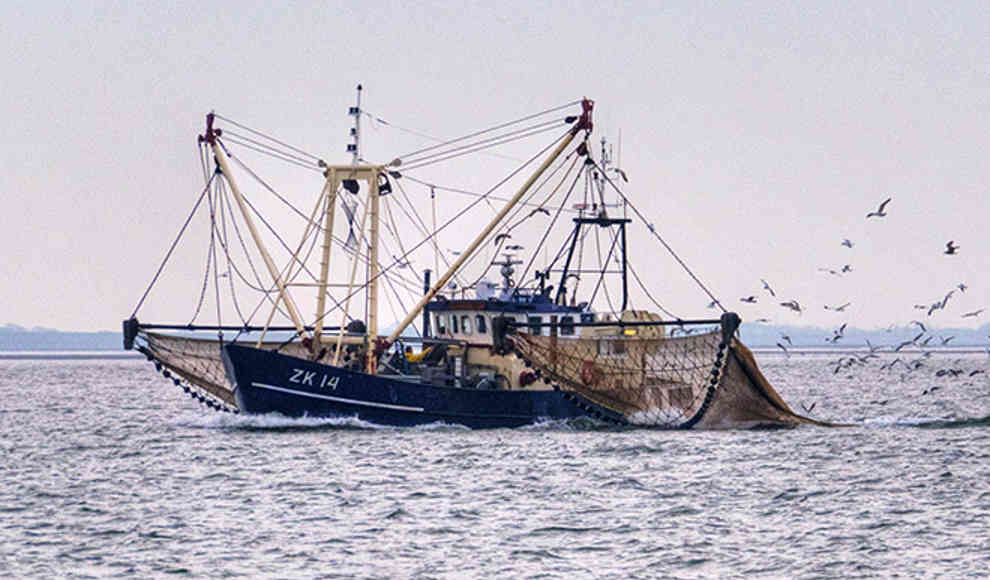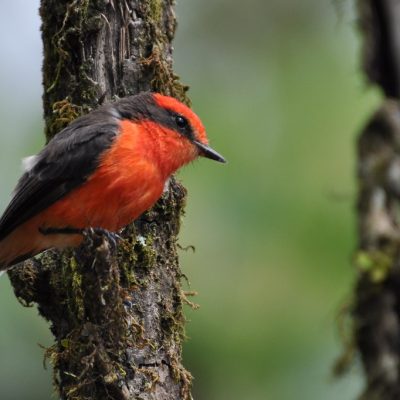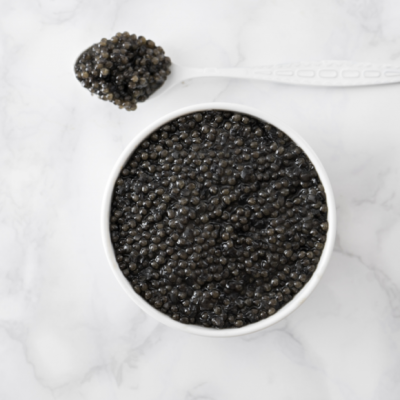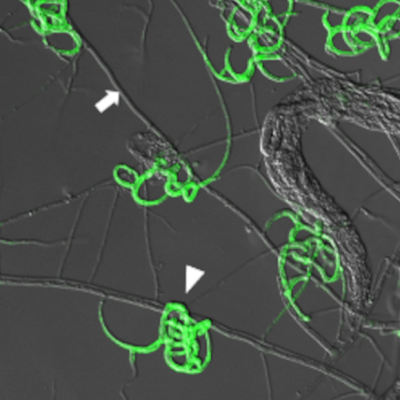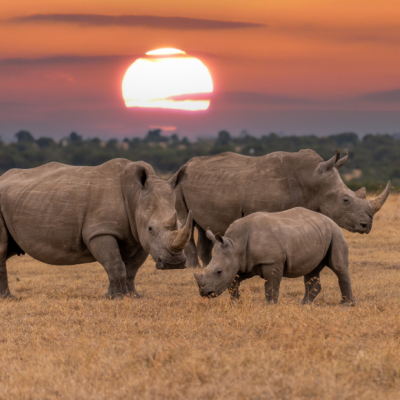In a surprising turn of events, it has been reported that for the first time in decades, more salmon are being caught by marine mammals than by humans. While this may seem like good news at first glance, the shift in balance has been caused by various protective laws that have been put in place by humans, which have now affected other species. The recovery of protected animal populations often leads to calls for the relaxation of laws, and in the case of fish, this has resulted in fishermen demanding new catch laws, which has negatively impacted certain marine mammals that rely on the same prey as humans.
According to a report by the Oregon State University in the journal Nature, seals and orcas on the Pacific Northwest coast are now catching more king salmon than humans. Since 1972, all marine mammals in US coastal waters have been under special protection, which has led to varying degrees of population recovery over the years. This is evident in the salmon catch numbers, which have increased from 6,100 tons to 15,200 tons annually over the last 40 years, while the fishing yield has decreased from 16,400 tons to 9,600 tons per year. This has resulted in a conflict between various protective laws, with marine mammals being protected by the US Marine Mammal Protection Act, while king salmon are protected by the Endangered Species Act.
However, the progress made in protecting salmon populations has been distorted by the increased natural predation by seals and orcas. Furthermore, the local population of orcas has not recovered as well as other marine mammals, and they still consume the same amount of salmon as they did 40 years ago. This means that their main competitor is not humans, but rather seals and sea lions, which are protected by the same law as orcas. The challenge for conservationists now is to find a balance between the interests of all species involved.


